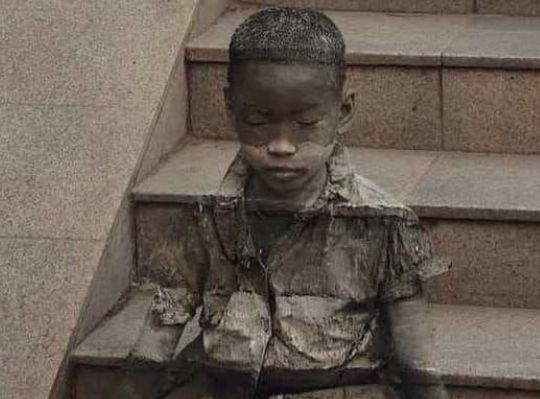James and I first met as postgraduates in in the UK during late autumn 1976. Friendship slowly blossomed into something more, but that summer we were soon obliged to part. I was duty-bound to return to Iran to fulfil a condition of my academic grant, and he had to remain behind to complete his surgical training. With no mobile phones or internet, we kept in touch by exchanging letters. The imposition of martial law and the chaotic aftermath of a revolution which turned Iran from a centuries-old monarchy into a theocratic republic took everyone by surprise. In the ensuing civil unrest we lost touch with one another. Three long years passed, during which each of us assumed the other had married and moved on. But by sheer chance we did meet again. I returned to the UK and was enrolled as new student nurse in London. Neither of us had met any ‘significant other’ in the interim, and we soon realised that this was it. We married six months later.
Almost exactly at the same time Britain severed its diplomatic ties with Iran, and in the years that followed the political stand-off between our two countries worsened. Iran was lambasted in the press world-wide and became the target of international sanctions. It became increasingly difficult for me to re-connect with my family back home. I was a Christian but I had been born into a Muslim family, so returning to an Islamic state could result in dire consequences for all of us. The last thing anyone of us wanted was for me to be held as a prisoner in Iran, or my relatives to be dragged into a Muslim backlash from my conversion. Added to which, unlike the UK, Iran does not recognise dual citizenship (once I re-entered Iran I would have no legal recourse to British aid). Also, the British government was loath to grant Iranians leave to visit, and the situation became even more draconian after 9/11. Fearing reprisals, ordinary Iranians were fearful of sticking their necks out to engage with authorities, and my elderly parents could not understand why I was unable persuade anyone to grant them a British visitor’s visa. The unspoken criticism that I had not moved heaven and earth for them was personally unbearable. I was caught up in a conflict between loyalty to my home country, now the so-called ‘Axis of Evil’, and my pride at becoming British. It was an emotional tug-of-war between freedom to worship as a Christian and fear of castigation as a ‘betrayer of Islam’, between being happy as a cherished wife, and feeling guilty about relatives trapped in Iran. I never saw my father again.
I managed to avoid becoming a nervous wreck, but even after forty years the vestiges of that guilt remain. When my parents died I did not return to Iran to say goodbye. When my sister was imprisoned on a trumped-up charge I stayed home. Where were my filial duty and affections during those times? Was it right that I should have carried on living in comfort in the land of plenty while my family eked a hand-to-mouth existence under political and financial sanctions? It bothered me massively at the time – and it continues to bother me.
Diplomatic relations between our two nations still remain precarious, and there is no easy end in sight. I have now accepted that it is unlikely I will ever return to Iran during the remainder of my life, and James has had to bear the emotional implications of that burden on me. I am indeed fortunate that despite the intrusion of such divisive politics, our marriage has strengthened and survived.












